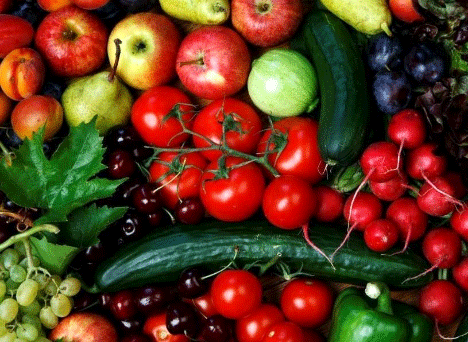Effective January 1, 2025, the European Union will implement new marketing standards that mandate the labeling of the origin for pre-cut fruits and vegetables. This regulation extends to fresh produce prepared for immediate consumption or cooking, such as pre-sliced vegetables, soup vegetables, and fruit in cups. However, it does not apply to processed, pickled, or pre-cooked items like pickles, jams, or pre-cooked beets.
Why Origin Labeling Matters
The new labeling requirements aim to provide consumers with clear information about where their food comes from, enhancing transparency in the food supply chain. For farmers, agronomists, and agricultural engineers, this change underscores the growing trend toward regional quality products and consumer preference for local produce. According to the Vienna Chamber of Agriculture, this labeling will not only boost the visibility of products from Vienna-based businesses but also improve their value proposition, given the high production costs.
Impact on the Market
These new standards are set to impact various sectors of the food industry. For retailers and food service providers, there will be a need to adapt packaging and labeling processes to comply with the new regulations. This will likely involve additional costs for updating labels and potentially modifying supply chain practices to ensure accurate origin information.
For consumers, this move is expected to increase trust in the food system by providing clearer information about product origins. It aligns with a broader European trend towards more transparent food labeling and supports efforts to strengthen local food systems.
Benefits for Local Producers
Local producers stand to gain from these regulations as well. The emphasis on origin labeling will shine a spotlight on regional agricultural products, potentially boosting sales and enhancing market share for local growers. It also provides an opportunity for local businesses to differentiate themselves in the market by highlighting the quality and provenance of their products.
The new EU origin labeling standards for pre-cut fruits and vegetables represent a significant shift towards greater transparency in the food supply chain. While this change may introduce some initial costs for compliance, it ultimately benefits both consumers and local producers by fostering trust and supporting regional agriculture. As the January 2025 deadline approaches, stakeholders across the food industry should prepare to integrate these new requirements into their operations.













